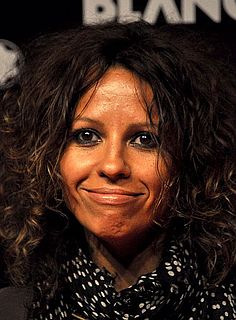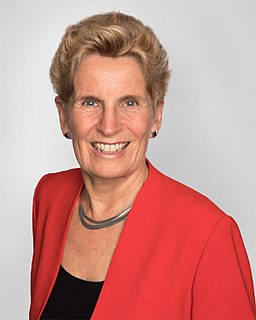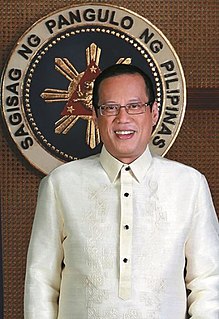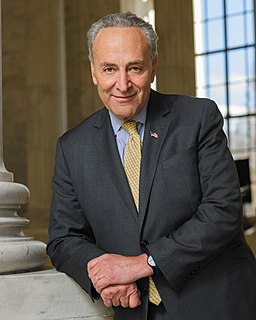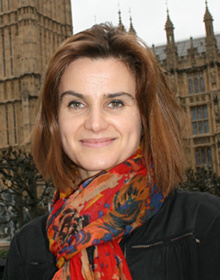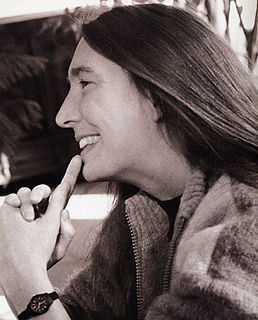A Quote by John Fetterman
I moved to Braddock in 2001 and started a program to help local youth earn their GED and find jobs.
Related Quotes
I started as a GED instructor, I created my own GED program, and I realized that a lot of young people that don’t do well academically. It’s not that they don’t have the competency to do it or the skill set to do it; it’s just that they weren’t motivated to learn. They weren’t interested in school, so I started just talking to students and just really going in on them like, “Yo, this is life or death.”
I really believe that you can. Not only do I think it is a part of public service to help young people find their way, just as professors had helped me find mine, but I've been very involved in K-12 education issues. I started a program back in 1992 called the Center for a New Generation, an afterschool enrichment program.
When I started to get involved in the crime issue, people said, "it's a local issue." I said, "No, there are lots of ways the federal government can help." And the best way the federal government can help, and did in the Crime Bill, is to find programs that work around the country and help them spread.
I have been a proponent of dramatically expanding the AmeriCorps program. By increasing the pay of participants to a living wage, it can act as a jobs program that, rather than trying to predict what will be technically viable jobs, will value social support and provide jobs that make communities stronger.
Through the art of personal development, we see an opportunity for these animals to inspire compassion, essentially creating a path to deep personal growth. This program [Animal sanctuary] will deploy ISF's youth development program, U Factor. The program helps youth identify their passion, cultivate their talent, amplify their purpose, and connect the younger generation to diminishing species and biodiversity.
We have emphasized the importance of applied action research because it allows evidence-based policy and program development and a focus on learning. We are also committed to using a participatory approach in which local people, local program managers and providers, local researchers, women's health activists, and national decision-makers play the leading role. International "experts" from technical assistance agencies or universities can make important contributions, but they certainly don't have all the answers.



